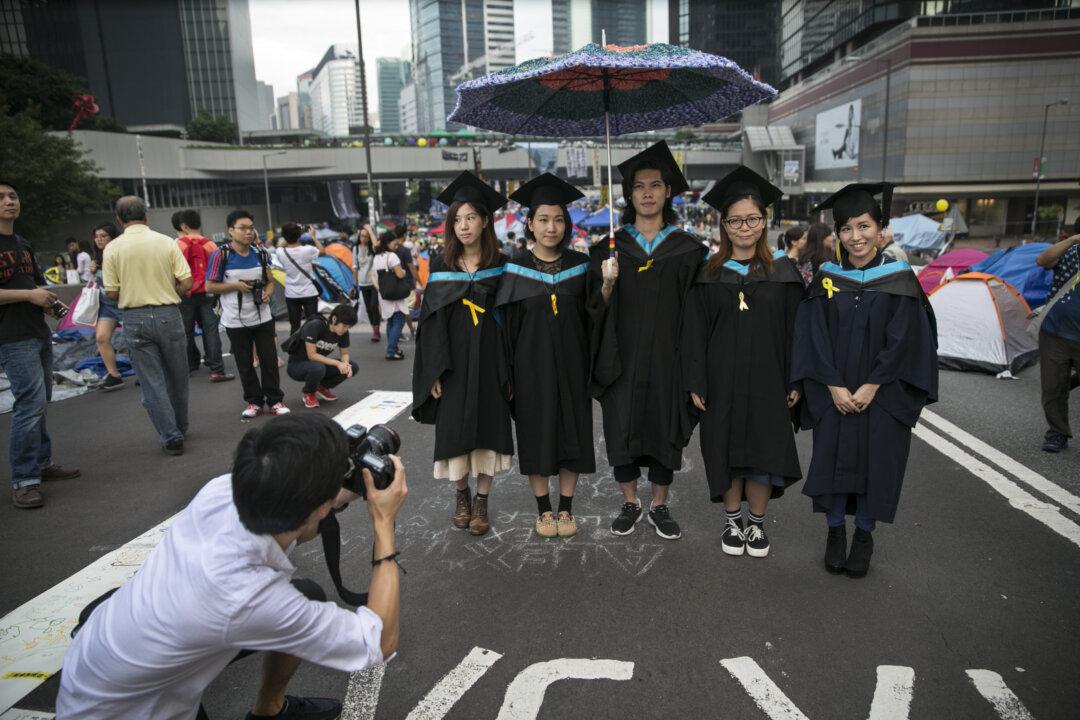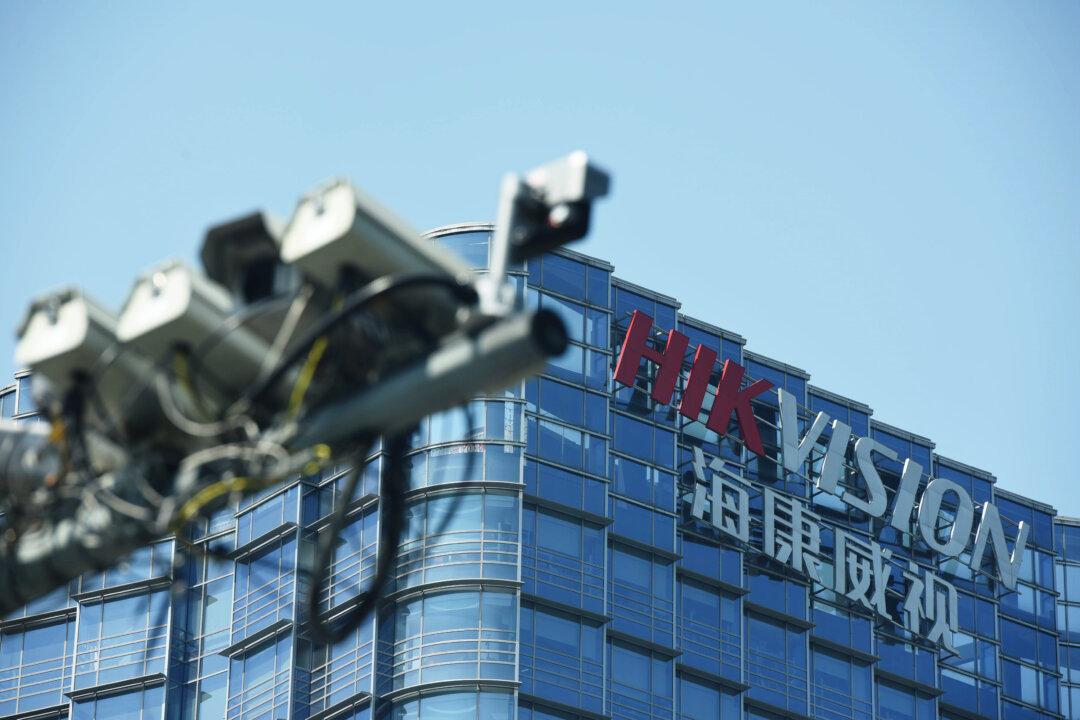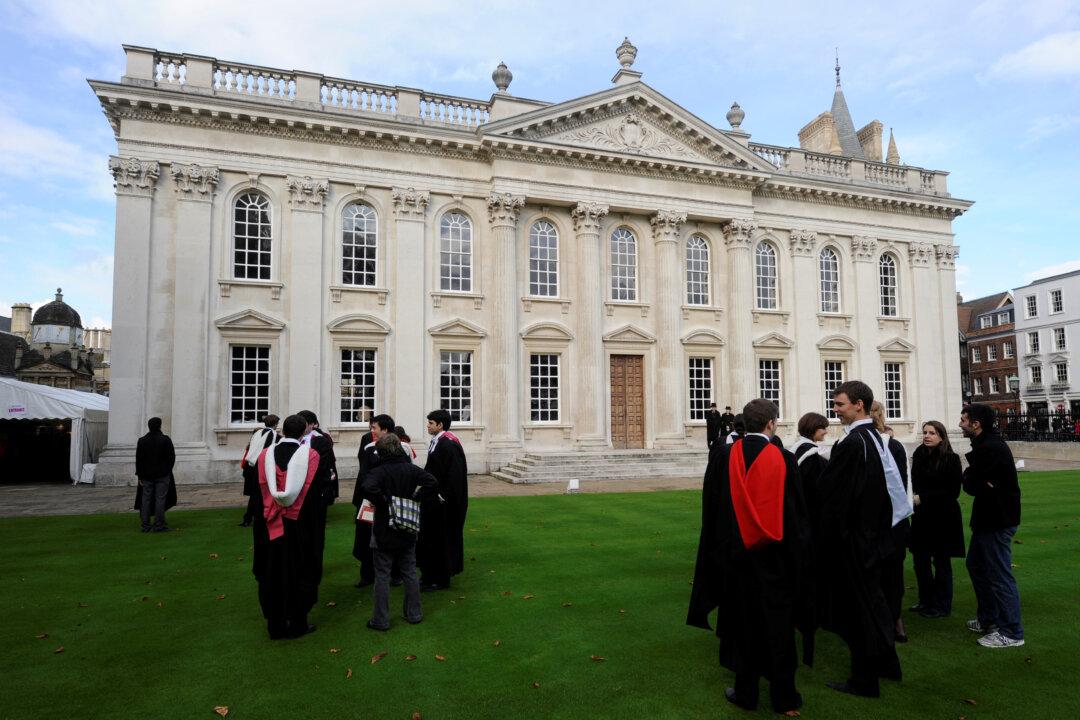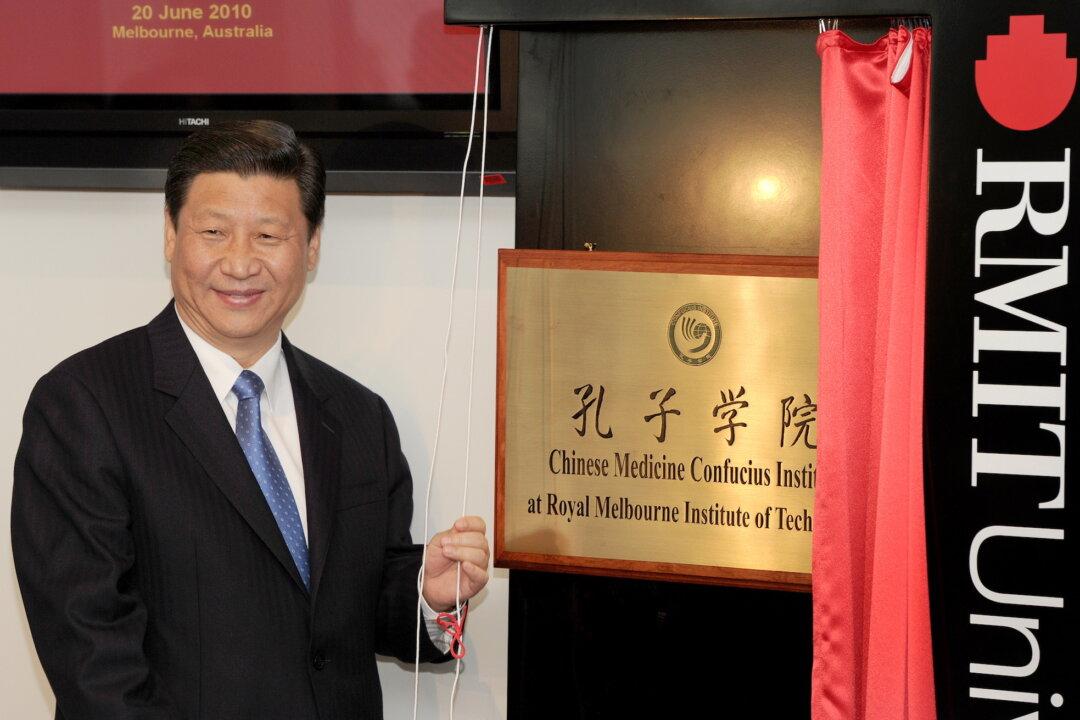The success of young Hong Kongers who fled to the UK to escape oppression is at risk because of high tuition fees, British MPs have warned.
In a letter printed in The Times on May 31, the MPs—along with community and academic leaders—said the higher education costs levied on foreign students should be relaxed for those Hongkongers with a British National (Overseas) (BNO) visa because the expense curtailed their opportunities.




